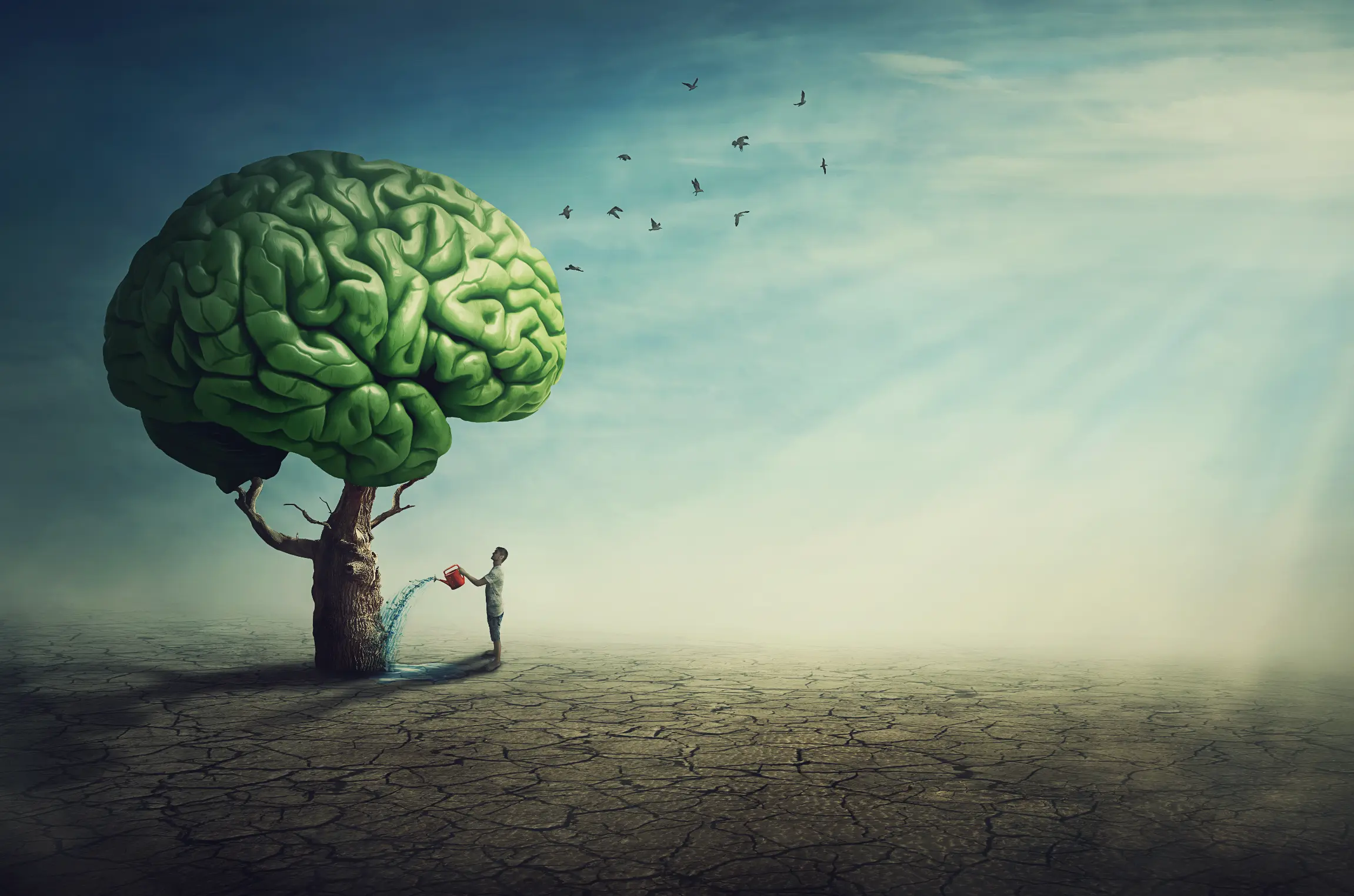The research behind winter fatigue - this is how your brain is affected
When winter comes, many people lose their energy, focus and energy. We explain why your body reacts to the dark, and what nutrients can help you feel better.

1. Darkness - a powerful physiological challenge
In Sweden, many parts do not reach sufficient UV-B radiation during the winter months for the skin to be able to produce enough vitamin D. A study from Gothenburg found that as many as one in two Swedish blood donors had insufficient vitamin D levels during the winter months.
At, (circadian system), serotonin () and melatonin levels ().
O resultado? A brain and body that feels “out of phase.”
2. Nutritional deficiencies that often go under the radar
Vitaminum D
Although some studies show that many adults in Sweden have acceptable levels, it is still common to have inadequate status in winter time. Lack of vitamin D is linked to a lowered immune system, fatigue and worse mood.
Magnesium
Magnesium is involved in hundreds of enzyme reactions and is important for energy conversion, nerve and muscle function. Swedish source notes that modern dietary patterns put many at risk of magnesium deficiency.
Vitamin B12 & other micronutrients
Although the Swedish research is less clear for just winter and B12, deficiency is particularly relevant for the elderly, vegetarians/vegans and people with gastrointestinal problems. That doesn't mean everyone is clinically deficient, but even “sub-optimized” nutritional status can contribute to fatigue, poorer mental focus and recovery.
3. Why is there so much “fatigue” and “reduced energy” in winter?
When the light disappears, the rhythm of the whole body changes - and the brain is the one that notices it first.
Less daylight causes the circadian rhythm of the brain to be disturbed. La luce que comenta a la cerebrum quando es día é pasado, y la producción de melatonin (hormone de fatiguação) aumentada. At the same time, serotonin, the neurotransmitter that affects energy, motivation and mood, decreases. This is why many people feel tighter, depressed, or find it harder to concentrate during the winter.
In addition, when we move less, stay indoors more, and eat less fresh and nutritious food, the activity of the brain's energy turnover decreases. Lesser oxygen-a, dopamine - neurotransmitter that controls drive and focus.
Aggiungere in a, a.
In short: winter fatigue is not imagination — it is the brain's way of trying to adapt to a time of year in which the conditions for energy and recovery are temporarily damaged.
4. Tangible signs that winter and diet work together
- You feel more tired and chewy than usual, despite “normal” sleep.
- Difficult to get started in the morning or keep energy during the day.
- Worse recovery after exercise or activity.
- Increased frequency of colds or infections.
- Worse focus or “brain fog”.
- Muscle weakness, cramps — may indicate mineral deficiency.
5. What can you do - 5 concrete strategies
- Light Exposure Be out in the daylight, especially in the morning. Sit near windows, avoid screens late at night that fool the brain.
- Sleep and routine Go to bed and wake up at about the same time every day. Avoid bright screens/televisions before bedtime.
- Diets and variety — More fish meals (omega 3 & D), nuts/seeds (magnesium), vegetables + legumes for broad nutritional profile.
- Supplements as needed Several small flaws occur at the same time. A broad daily support (vitamins, minerals, collagen, antioxidants, plant extracts) helps the body maintain even energy, focus and immune system. Relivo is built to cover your nutritional gaps on a daily basis.
6th. Why a 'complete nutrient solution' during winter can be the difference
When several factors (darkness, reduced light, lifestyle, diet, recovery) interact, it is not always enough to add just one single vitamin. A complete nutritional solution that covers vitamin D, magnesium, essential minerals and support for recovery can make a difference. It's about filling the gaps in a period when the load is high and resources are lower.
7. Sumário
Winter is a natural strain on the body and brain - but it does not have to lead to prolonged fatigue. By understanding the underlying reasons and taking strategic actions -light, sleep, diet, nutrition - you can maintain energy, focus and recovery. For many Swedes, that means actively reviewing their basic nutrition now that the challenges are increasing.











